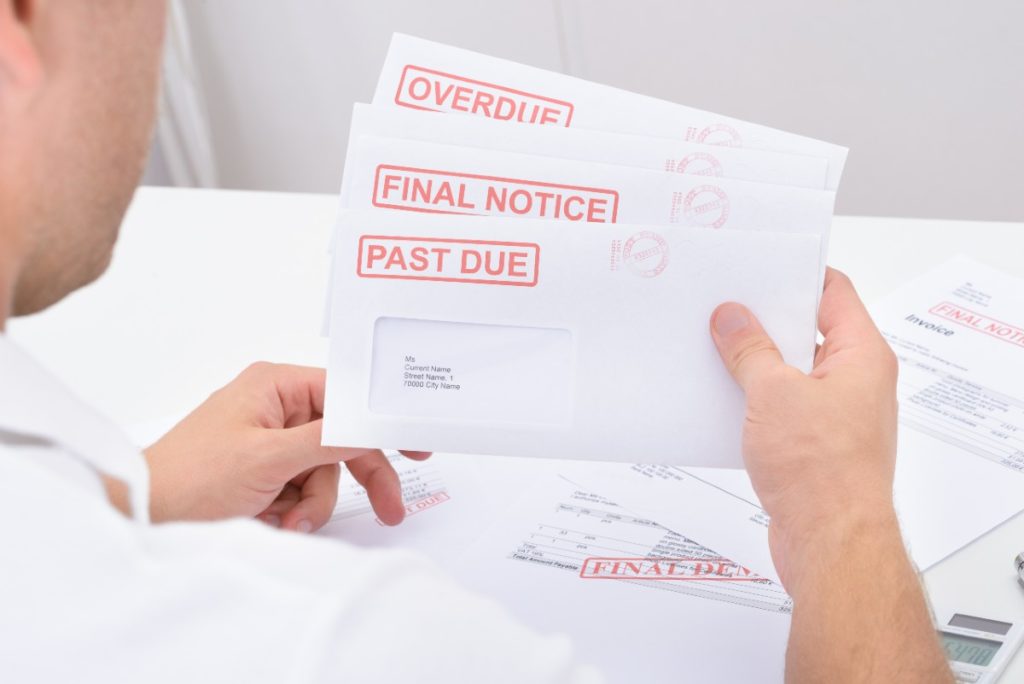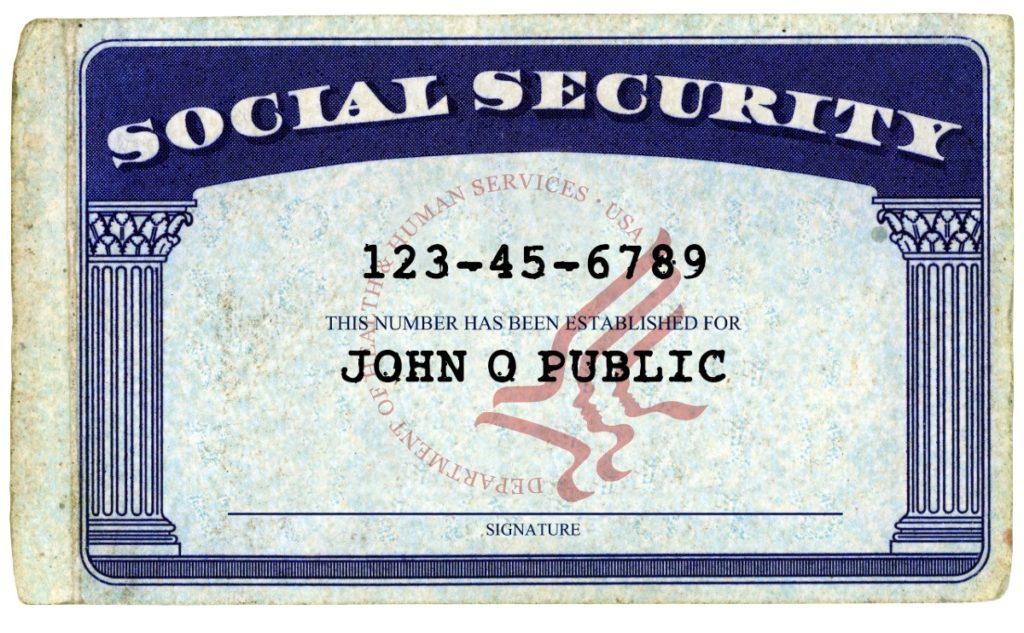As the belt of the coronavirus pandemic tightens, many workers are feeling a financial pinch due to lost work, increased childcare costs, and unexpected quarantine expenses. To help, the federal government proposed a relief effort called the Payroll Tax Deferral program, which would permit workers making less than $4,000 biweekly to put off paying the 6.2% payroll tax in the fourth quarter of 2020. A recent NATP press release outlines the program.
While tempting, this shoves business owners between a rock and a hard place. They hope to extend relief to their workers but should also recognize that they will be held responsible, should the taxes not be repaid.
The Payroll Tax Deferral Offers Little Benefit
 When it comes to the details of the payroll tax deferral, it is true that employees would receive a brief break of 6.2% on their paychecks from September 1 to December 31, 2020. But they would immediately owe these funds back between January 1 and April 30, 2021.
When it comes to the details of the payroll tax deferral, it is true that employees would receive a brief break of 6.2% on their paychecks from September 1 to December 31, 2020. But they would immediately owe these funds back between January 1 and April 30, 2021.
In fact, their pay in the first quarter of 2021 will be taxed at 12.4% to recoup the increase.
This brief relief may be beneficial, but does it offer long term benefits?
For business owners, the benefits appear slim. Payroll operators are responsible for collecting and paying business taxes. And if the repayment is not made before April 30, interest and penalties will start accruing on May 1, 2021.
Some companies are unwilling to defer because they are afraid to be left holding the bag, should an employee resign during the deferral program without repaying deferred taxes. Updated terms, however, do permit employers to take the full amount of deferred taxes out of a final paycheck.
Other companies are concerned about revamping their payroll systems. With limited time and a large change to make, this sort of pivot brings extra work at a time when payroll staff may be working remotely or as skeleton crews. Then perhaps only some staff qualify or want to opt-in to the deferral, creating more paperwork.
For some companies, the trouble may be literally worth more than the amount they could save their employees.
Reluctance to Defer
Not everyone is ready to defer.
 Though federal employees and military members will automatically be opted-in to the deferral, the USPS has decided to hold off on the payroll tax deferral. It processes its own payroll, unlike some other federal agencies. The USPS noted, “After thoroughly considering the impact on both employees and the organization, the Postal Service has elected not to implement the optional deferral.”
Though federal employees and military members will automatically be opted-in to the deferral, the USPS has decided to hold off on the payroll tax deferral. It processes its own payroll, unlike some other federal agencies. The USPS noted, “After thoroughly considering the impact on both employees and the organization, the Postal Service has elected not to implement the optional deferral.”
Retirees and Social Security and Medicare officials are also eying this change with some reluctance. They note that any prolonged deferral of payroll taxes could lead to related reserve funds running dry within two years, and benefits cut by a quarter.
To private businesses and citizens, as well as federal agencies, the value of deferring is not enticing enough in the face of potential challenges.
The Fine Print
Like all financial deals, it is important to read the fine print. As a business owner, the entire decision is on your shoulders. Once  you make a decision to implement the payroll tax deferral, your employees are automatically opted in unless you give them a choice otherwise.
you make a decision to implement the payroll tax deferral, your employees are automatically opted in unless you give them a choice otherwise.
Managing who is opted-in and opted-out will also be on your shoulders in your mandated revamped payroll system.
Another thing to consider: employees may feel resentful of automatic opt-ins. For those who are leaving the company during the deferral period, they will likely see you take the deferred amount out of their last paycheck in total. Not only could this be frustrating, but it could also be a financial blow.
Likewise, those who are automatically opted-in to the deferral are then opted-in to payback in 2021, meaning they will experience four months of truncated paychecks.
As a business owner, only you can know what will help your employees the most in these trying times. Though this has the potential to offer short term benefits to employees, it’s risky. The taxes will have to be repaid soon after their deferral, and the employer will be responsible, in the meantime, for those employer and employee deferred taxes.
Talk over the pros and cons of opting into the payroll tax deferral program with a financial expert. Weigh your options with advice from Stableford Capital. With years of experience advising business owners on business taxes, we can help you confront this new and unique challenge. Contact Stableford today by calling 480.493.2300 or contact us online.
